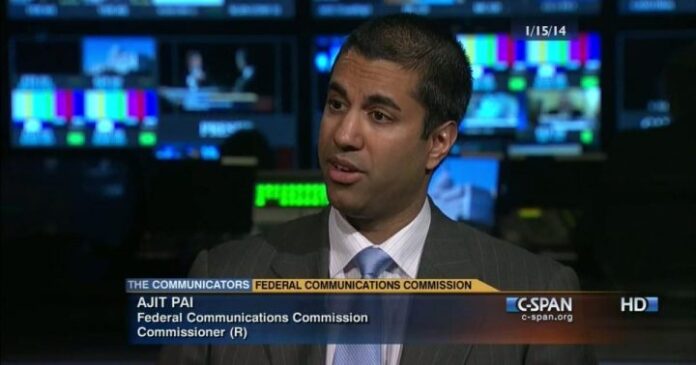In question is the carrier’s Music Freedom program, which removes data limit for music-streaming services
WASHINGTON – Is the T-Mobile US Music Freedom program breaking the law? Technically, yes, according to FCC Commissioner Ajit Pai, who spoke on the issue at an event hosted by the Federalist Society.
The T-Mobile US promotion cited as an example provides an exemption on the data limit for popular music-streaming sites Spotify, Pandora and others.
“Generally speaking, free content seems to be a good thing for most wireless consumers but the agency explicitly said that could be considered a net neutrality violation under the Internet conduct standard,” said Pai.
The rules, which were passed earlier this year with a great deal of dissention even from within the Federal Communications Commission, remain tied up in legal challenges and mandates that all data must be treated the same. The T-Mobile US promotion is technically a violation of that rule as it favors the data of some sites over others.
The FCC, however, has granted limited exemptions to the Open Internet Order, though these are mostly targeted at small business.
Competitive Carriers Association President Steve Berry, in encouraging the FCC to keep these rules permanent, also spoke in favor of the commission clarifying its requirements.
“In addition to the small business exemption, the FCC should uphold the previously adopted point-of-sale requirement,” Berry said. “The current requirement adequately meets the commission’s goal to provide consumers with relevant information at the point of sale, and a change will only impose unnecessary obstacles to providing consumers information and add further burdens on carriers.”
Pai noted the continuing confusion among customers and companies in his remarks.
“How far will this Internet content standard go?” Pai questioned. “What kinds of business practices that innovative new competitors might want to introduce might be frowned upon by the FCC? … Companies can come in and ask, ‘Mother may I? May I do this kind of business practice?’ Even then the agency said, ‘Well, if we give you advice you can’t necessarily rely on it and I can bet you if you don’t come to the agency and ask for advice it’s going to be used against you in the future in enforcement proceedings.’ So the question is where do we go from here?”

